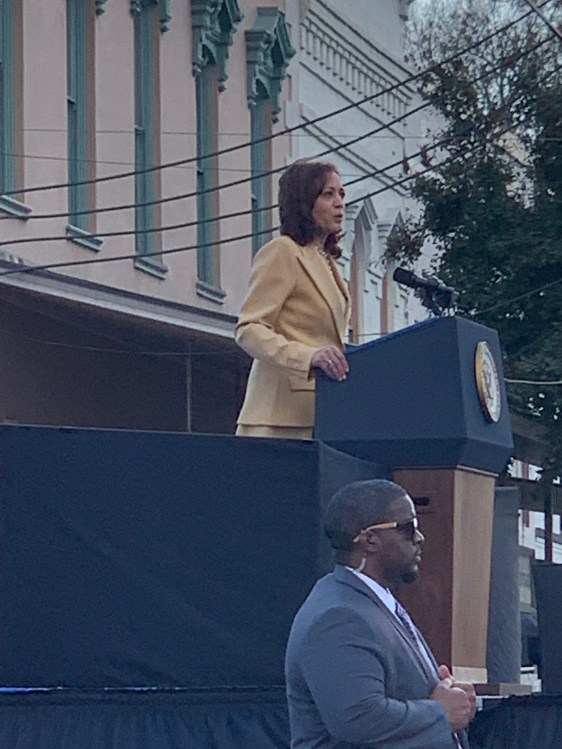The Florida Board of Education approved a new set of standards for how Black history should be taught in the state’s public schools, but the head of the NAACP denounced the move, saying that it should not eliminate slavery, Jim Crow laws, police brutality, and the problems many Blacks face every day, including, for example, instances like the White woman who recently received probation for spitting in a Black’s woman face.
“Our children deserve nothing less than truth, justice, and the equity our ancestors shed blood, sweat, and tears for,” Derrick Johnson, president and CEO of the NAACP, said in a statement.
“Today’s actions by the Florida state government are an attempt to bring our country back to a 19th century America where Black life was not valued, nor our rights protected. It is imperative that we understand that the horrors of slavery, and Jim Crow laws were a violation of human rights and represent the darkest period in American history. We refuse to go back,” Johnson said.
The new standards come after the state passed new legislation Thursday under Gov. Ron DeSantis that bars instruction in schools that suggests anyone is privileged or oppressed based on their race or skin color.
The standards require instruction for middle school students to include “how slaves developed skills which, in some instances, could be applied for their personal benefit,” a document listing the standards and posted on the Florida Department of Education website said.
Some things are being left out including a number of massacres, including the Atlanta race massacre, the Tulsa race massacre in which whites murdered 400 Blacks, and the Rosewood race massacre and bloody summers in Chicago.
When high school students learn about events such as the 1920 Ocoee massacre the new rules require that instruction include “acts of violence perpetrated against and by African Americans.”
The massacre is considered the deadliest Election Day violence in US history and, according to several histories of the incident, it started when Moses Norman, a prominent Black landowner in the Ocoee, Florida, community, attempted to cast his ballot and was turned away by White poll worker.
More than 250 White people, among them members of the Ku Klux Klan, torched rows of houses where African Americans lived and set fire to other community buildings.
The Rosewood massacre was a racially motivated massacre of Black people and the destruction of a Black town that took place during the first week of January 1923 in rural Levy County, Florida.
At least six Black and two White people were killed, but eyewitness accounts suggested a higher death toll of 27 to 150.
The Chicago race riot of 1919 was a violent racial conflict between White Americans and Black Americans that began on the South Side of Chicago on July 27 when Blacks drifted into parts of Lake Michigan reserved for Whites.
It begin on July 27 and ended on August 3, 1919. During the riot, 38 people died (23 Blacks and 15 Whites). Over the week, injuries attributed to the episodic confrontations stood at 537, two-thirds Black and one-third white; and between 1,000 and 2,000 residents, most of them Black, lost their homes.









